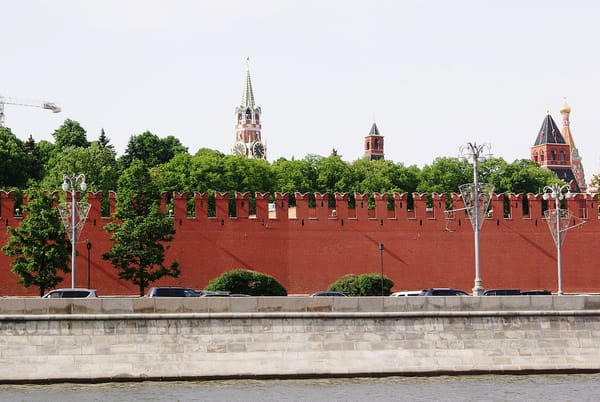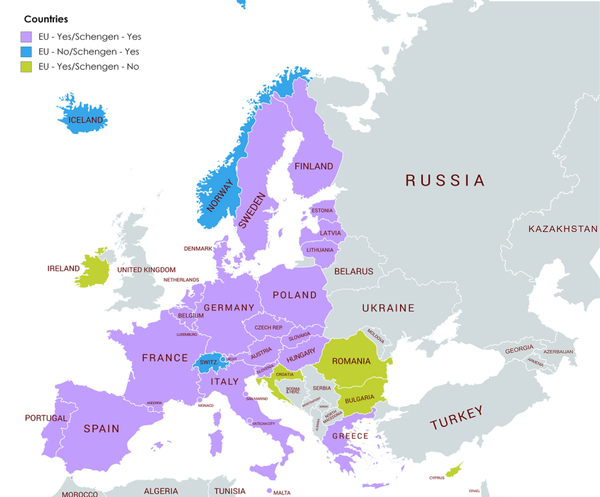
CEE Fertile Ground for "Space Tech"
Start-ups in Central & Eastern Europe (CEE) are just beginning to dip their toes into the “space tech” business, a domain once reserved for governments and one which has high barriers to entry and requires deep know-how, but the region could provide fertile ground for developing a space tech industry.
One sign of encouragement of such activity in CEE is a program launched by the EU worth nearly EUR 15 billion this past June which will help finance investments in satellite navigation until 2027, presumably to help Europe catch up with the US in terms of private space tech solutions.
Among the start-ups involved in such activities are Estonia’s Spaceit, which provides a unified solution for controlling satellites, ARCASpace in Romania, developing space launchers, and SpaceKnow from the Czech Republic, which racks global economic trends from space.
Observers say the lack of regulation on space industry sectors in CEE could portend well for space tech, while there has been an increasing number of companies interested in space solutions in Poland ever since that country became a European Space Agency (ESA) member state in 2012.
Source: Emerging Europe





